
How sour notes over proposed sale of iconic American choir college disrupt Sino-US relations
Reaction to rumoured sale of Westminster Choir College to Chinese buyer points to obstacles leaders face to deepen relationship at summit
Westminster Choir College is small compared to most post-secondary learning institutions. But that has not prevented a proposed sale of this school with fewer than 500 students from troubling the waters on which the Sino-US cultural relationship sails.
An American cultural institution with roots going back nearly a century, WCC was put up for sale last year. When rumours circulated that interested buyers included a for-profit mainland Chinese company, local media, some faculty members and other stakeholders sounded an alarm and took legal action.
The campus newspaper of Lawrenceville, New Jersey-based Rider University, which operates WCC as a programme on a separate campus within Rider’s Westminster College of the Arts, reported on October 3 that university officials “were seen touring a group of Chinese investors around the Princeton campus, stirring up controversy”.
A “teach-in” demonstration, which cancelled WCC classes one day last month, was part of an effort by some faculty members to get more information about Rider’s intention to sell the school, “with the expected owner coming from China”, the local Princeton Packet newspaper reported.
If the rumours prove accurate, WCC will become the first US higher-education institution to be sold to a Chinese entity.
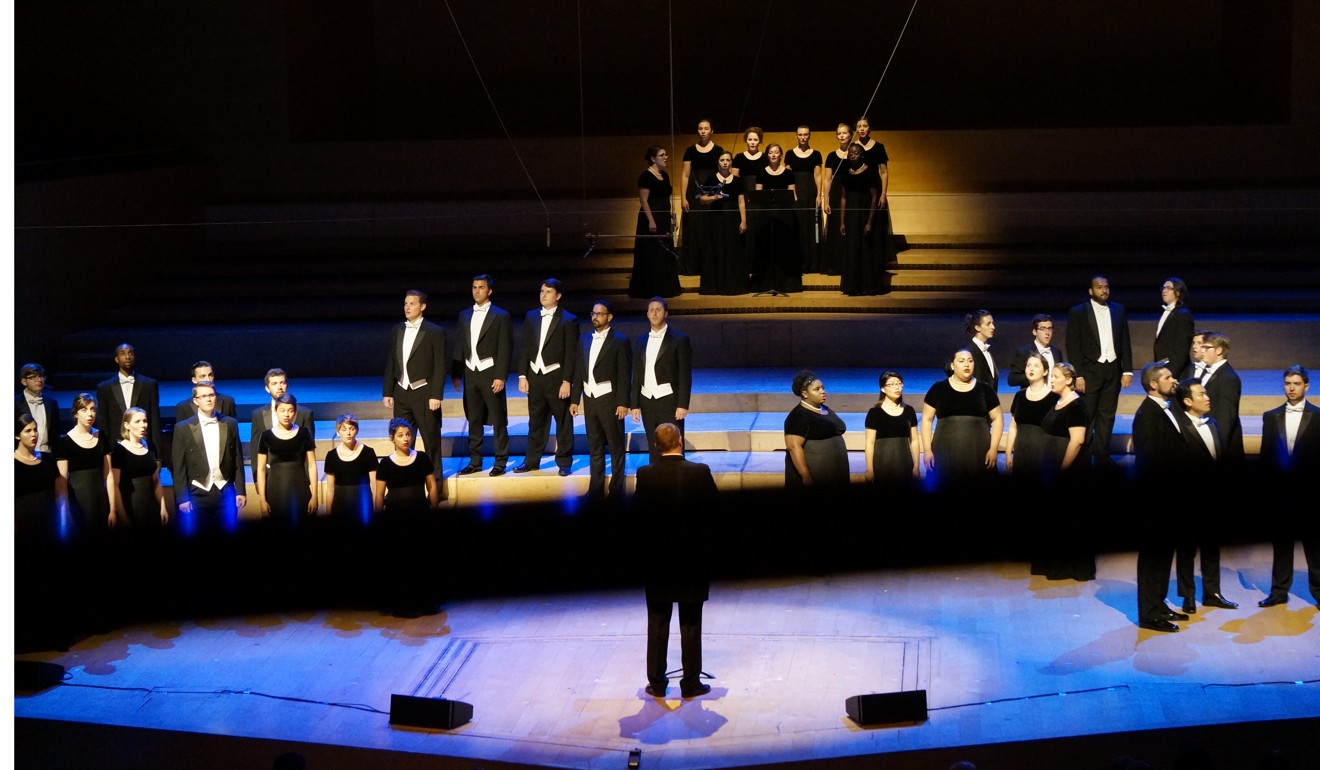
The reaction underscores the obstacles that Presidents Xi Jinping and Donald Trump face in their efforts to deepen a bilateral relationship that has been mostly one-directional: investment by US companies in China and goods from Chinese manufacturers to US consumers.
WCC’s case also exposes a cultural resistance similar to what Japanese investors faced in the 1980s when they bid for US sports teams, landmarks such as New York City’s Rockefeller Centre and companies, said Frank Wu, chairman of the Committee of 100, an organisation which seeks to build better relations between the peoples of the US and Greater China.
The Japanese investors’ “German and English counterparts, equally foreign, and looking to make similar transactions, somehow didn’t attract the same kind of suspicion”, Wu said in an interview with the Post. “There is always concern about foreign investors, Asian investors in particular.”
Rider’s announcement of its intent to sell WCC mobilised other forms of resistance; that reaction has played out against a background of rising Chinese investment in the US and concern about the possible negative consequences of this trend.
Negative headlines have accompanied China’s increased interest in the US in recent years, particularly with respect to Beijing’s efforts to acquire advanced “dual-use” technologies – those with possible military applications – through means legal and illegal.
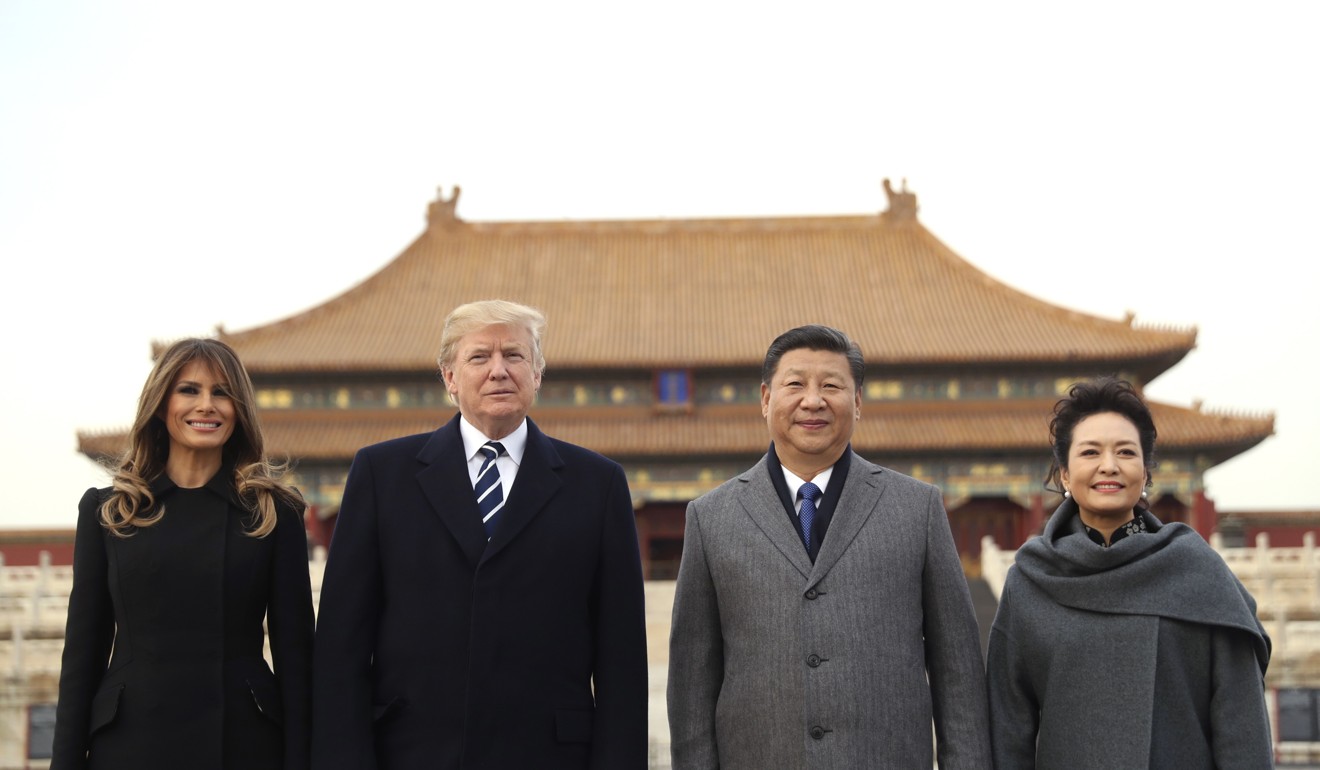
Even as Trump and Xi met in Beijing this week as part of the US president’s tour of Asia, a bipartisan bill was announced in the US Senate that calls out China as a threat to national security. The proposed Foreign Investment Risk Review Modernisation Act, sponsored by senior Republicans and Democrats, seeks to expand conditions under which the inter-agency Committee on Foreign Investment in the United States can review Chinese investments in the US.
Allegations of corporate espionage and cyberattacks, in particular China’s 2015 hack of the Office of Personnel Management – which delivered personal data on millions of US federal workers to Beijing’s intelligence units –, may be causing suspicion of China more broadly.
A complaint filed in US federal court by individuals connected to the 1991 merger of Rider University and WCC, as well as members of The Coalition To Save Westminster Choir College In Princeton, characterises WCC as more than an educational institution. The lawsuit alleges Rider violated a pledge to “continue to operate, maintain and fund WCC and its Princeton campus, except under limited financial circumstances that have not arisen”.
“The choir has been recognised as one of the staples of our national life,” having been chosen to commemorate in a 2002 ground-zero ceremony the September 11, 2001 terrorist attacks on the World Trade Centre and other US targets, notes the complaint. The complaint contends WCC should be considered part of a pantheon of key American cultural institutions.
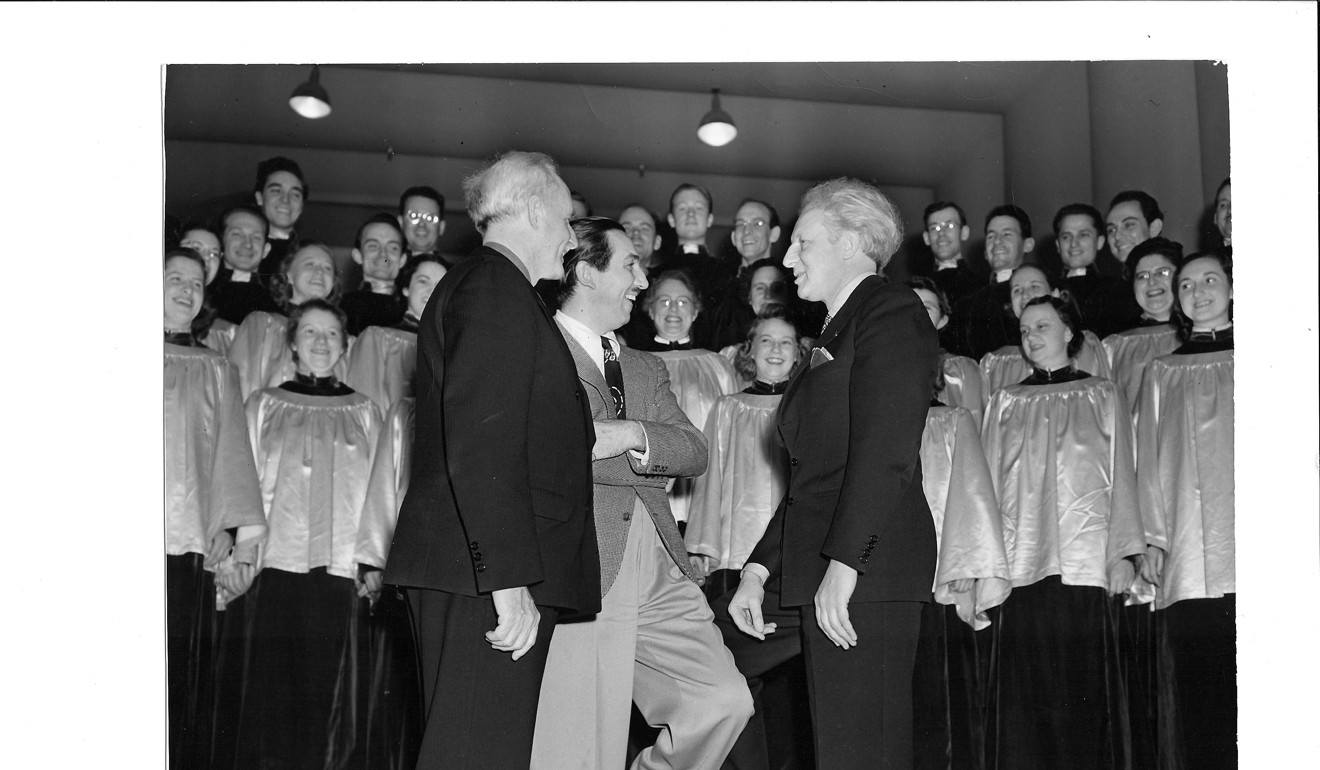
“Working with Walt Disney, the Westminster Choir appeared in the groundbreaking film ‘Fantasia’ (1940) where it performed Ave Maria Op. 52 No. 6 (1825) by Franz Schubert, a film nominated for preservation in 1990 in the United States National Film Registry by the Library of Congress as being ‘culturally, historically, or aesthetically significant’.”
Neither the official complaint nor the coalition’s website single out China or an individual Chinese entity as a threat. They focus instead on the assumption that the eventual buyer has no intention of maintaining WCC’s tradition of being a not-for-profit choral institution, pointing out that all of the buyers except one is a property developer.
In material circulated to potential buyers, Rider pegged the value of WCC’s 23-acre campus, a 10-minute walk to the globally prestigious Princeton University, at between US$40 million and US$60 million.
“We don’t think the lawsuit has much merit based on the fact that we have found an entity as we set out to do, one that intends to continue operating WCC in its current location and maintain the academic programmes,” Kristine Brown, Rider University’s spokesperson, told the South China Morning Post in an interview.
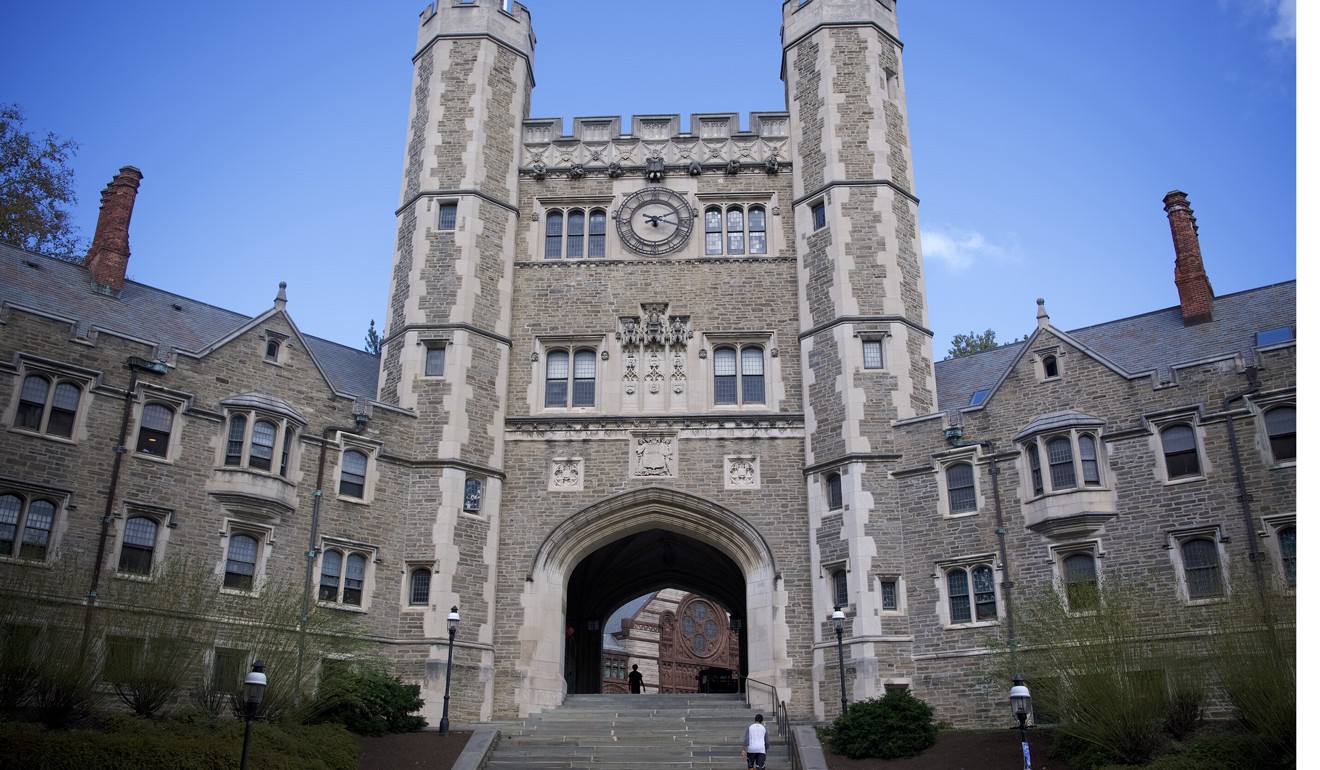
Brown said the entity is based in Asia and in the education sector. She declined to provide further details, saying talks are not yet final. She also denied local media reports that the buyer is Guanghua Education Group.
One faculty member aligned with the effort to block the WCC sale told the Post on condition of anonymity that Rider’s administration confirmed unofficially that the entity in talks with the university is a Chinese company with holdings in for-profit primary-to-secondary education, also known as K-12 education.
“This institution we are partnering with has indicated that their commitment isn’t only to grow [WCC], but to commit to the facilities and the infrastructure of the institution. So it is a very positive outcome to a very long and complex process,” Brown said.
“Guiding principles for the sale process included a commitment to continue the legacy of Westminster, invest in Westminster and help it grow.”
Companies listed in the complaint against Rider as parties interested in buying WCC include Toll Brothers, a US real estate developer known in the industry for residential subdivisions full of “McMansions”, a derisive term for larger-than-necessary homes, and real estate investment trust EPR Properties.
The exception in the group of interested buyers, because it is in the education business, is Guanghua Education, which owns for-profit business and language schools. Guanghua was the company cited most often in local media reports about the proposed WCC sale.
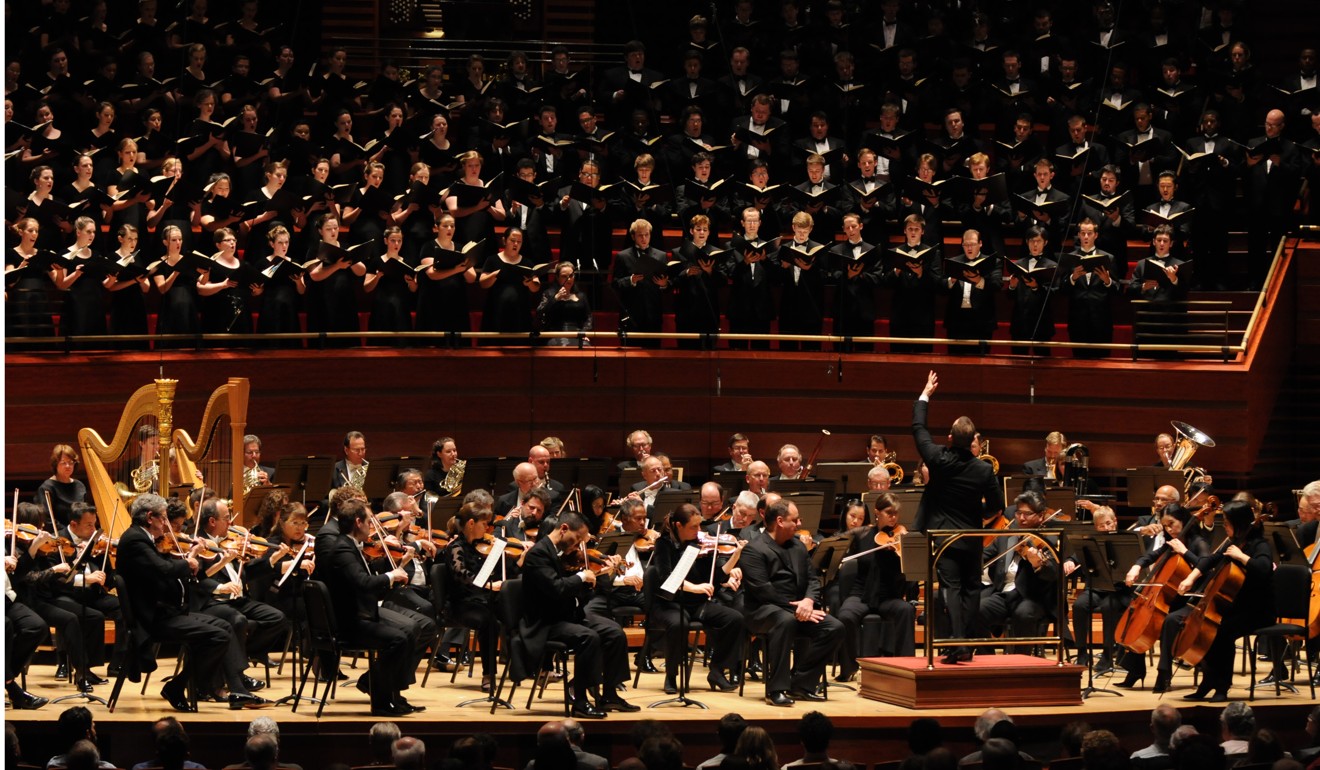
“We know that Chinese culture really values Western classical music,” he said. “It’s not a black-and-white issue to us and we can see a lot of positive things” that could result from having a Chinese buyer with “deep pockets”.
“We’re concerned that it may all look great in the beginning [but] two or three years down the road we’re going to hear ‘oh, well you know we’re really not making out but we think changing the school into a high school for Chinese students who want to come here and learn math’ might be the outcome,” Faracco said.
“We know that’s on their minds.”
To be sure, the Chinese government supports international partnerships in the arts, part of the government’s efforts to more fully develop cultural and creative industries in China. Beijing sees world-class entertainment as an important component of the next stage of China’s economic development.
The Tianjin Julliard School, for example, is a branch campus of New York City’s world famous performing arts academy. Expected to open in 2019, the Tianjin campus was approved by China’s Ministry of Education and is a joint venture with local partners including the Tianjin municipal government
And there’s every reason to understand why musically gifted students in China would want the chance to attend WCC.
“The fact that our students get to sing on the highest professional level with major conductors in New York and Philadelphia is a strong selling point,” Faracco said. “In recent years, when European orchestras have come over to do concerts at Carnegie Hall and if they have a choral piece, they usually don’t bring their own choir.
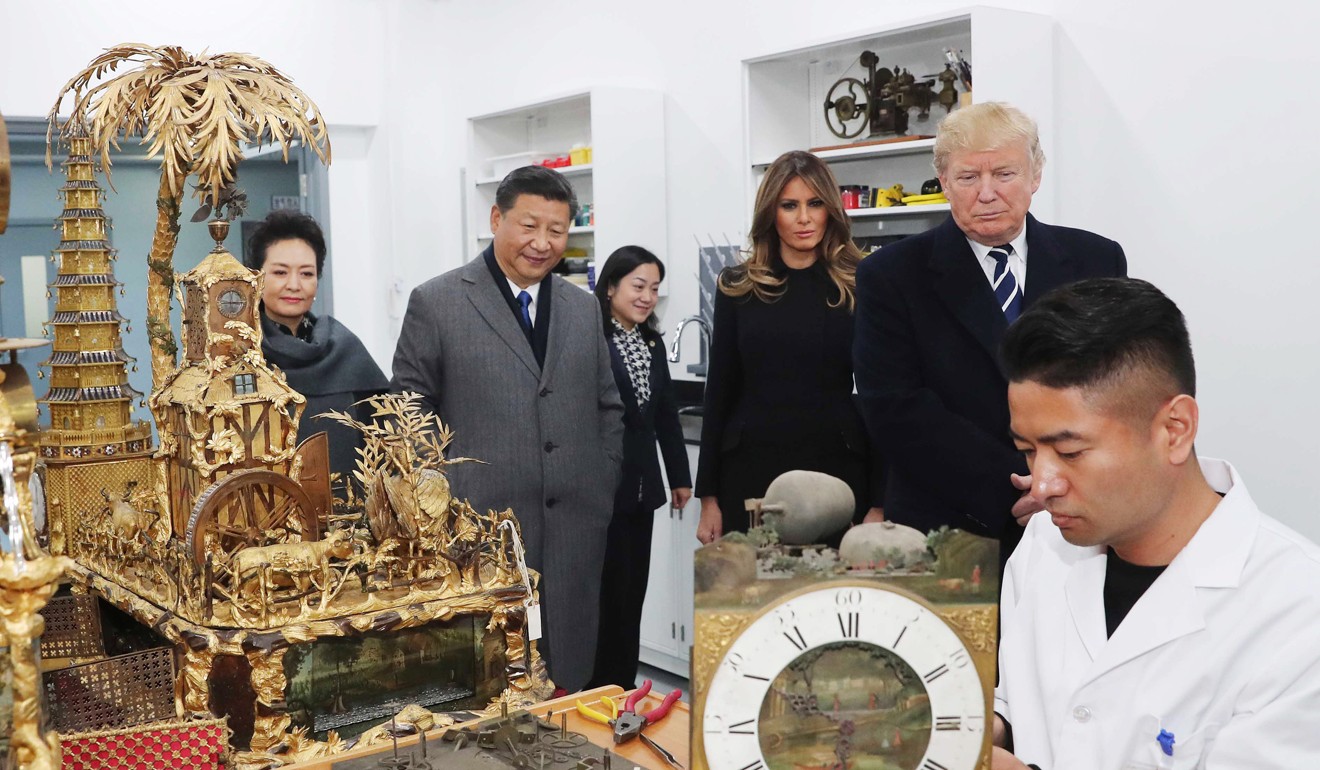
“We’ve been hired by the Berlin Philharmonic, for example. So the students are getting to sing with the major conductors and major orchestras and that’s something that I don’t think any other school can boast,” he said.
“We have this conservatory atmosphere where everyone on our campus is a music major and there are no distractions. There aren’t a lot of those left.”
A list of frequently asked questions about the WCC sale, posted online by Rider University, underscores the message that the prospective buyer is in it for the school’s artistic heritage.
The opportunities the sale will bring, Rider says, include: international exchanges for faculty and students, the marketing of WCC to an entirely new population of musicians and a chance to “reflect the growing presence of Asia in classical music”.
Addressing concerns that might arise over a Chinese owner’s potential influence on WCC’s curriculum and course content, the Committee of 100’s Frank Wu said: “In order for a US institution of higher education to be accredited and eligible to participate in federal financial aid for students, the school must follow American norms and rules.
“In this instance there are assumptions about Chinese people, Chinese companies, Chinese investors and Chinese culture that might or might not be true,” said Wu, who is a distinguished professor at UC Hastings College of the Law in San Francisco and previously served as the law school’s dean.
“The positive interpretation of this is that these are people who want to save an institution.”
Still, some WCC students have misgivings about Rider University’s plan to sell the college.
“Westminster could become a satellite school” managed in China, said Nathan Lazurus, a second-year WCC student. “They have so many students in China, they’ll bring in a lot of students. We’re breaking precedent here if this deal goes through.”
Jacob Keleman, another second-year WCC student, said: “A lot of people are upset about the uncertainty of the entire situation.
“People want to be included in the discussions happening between the board of trustees and the president,” he said. “It’s all very shrouded in mystery right now.”

